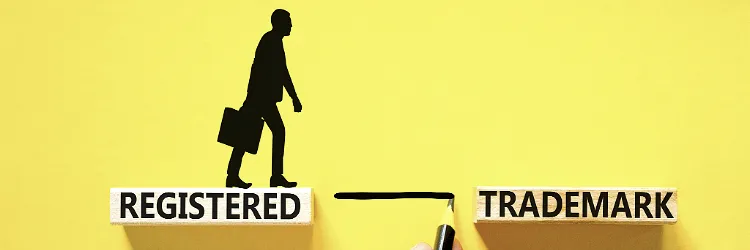Qatar accedes to the Madrid Protocol for international trademark registration

The government of Qatar deposited its instrument of accession to the Madrid Protocol – the governing Treaty of the Madrid System for protecting trademarks worldwide – with World Intellectual Property Organisation (WIPO) Director General Daren Tang on 3 May.
The Madrid Protocol aims to provide international legal protection for trademarks by submitting the application in one country. The Madrid System offers a convenient and cost-effective mechanism for national or regional trademark holders to obtain and maintain protection of their brands simultaneously in up to 131 countries worldwide, representing over 80% of world trade.
Qatar is the 115th Member of the Madrid System and its accession to the Madrid Protocol means that national trademark holders in four – Bahrain, Oman, Qatar and the United Arab Emirates – out of the six countries that make up the Gulf Cooperation Council can now use the Madrid System to secure cross-border protection of brands.
This is an important step for entrepreneurs and businesses in Qatar who wish to expand the protection of their trademarks internationally and protect their IPs through one application. The Treaty guarantees benefits such as maintaining and renewing the registration, registering and transferring ownership of the international registration to others, or changing the name and/or address or other data in a single procedure that applies to all designated contracting parties.
Acceding to the Madrid Protocol is part of a series of initiatives taken by Qatar to strengthen frameworks for protecting IP rights and build an attractive economy to foreign investments within its National Development Vision 2030. In 2023, Qatar ranked 50th out of 132 economies listed in the WIPO’s Global Innovation Index (GII).
Qatar has recently strengthened its strategic partnership with WIPO through a number of memoranda of understanding (MOUs) and joint academic programmes to develop expertise in the field of intellectual property and in resolving disputes related to intellectual property.
